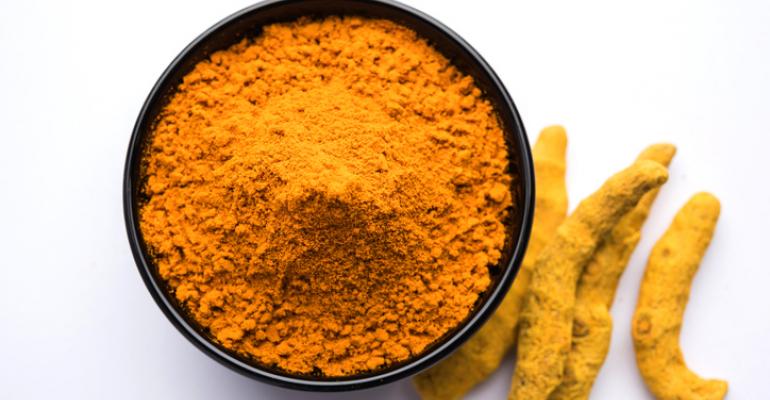
As an isolated supplement, curcumin is generally understood to be stronger than turmeric, and is often sold as a single compound. Laboratory supplement production focuses on isolating active ingredients, and there is concern that this process may remove compounds that enhance curcumin efficacy. Some researchers question whether the supporting compounds in turmeric are necessary for curcumin bioavailability. Without turmeric, curcumin absorption and resulting efficacy may be reduced. While both turmeric and curcumin are known to have beneficial properties, it is not understood if the synergistic effects of all constituents (including curcumin) within turmeric are more effective than the extracted potent forms of curcumin alone. Until the research is in, this leaves consumers with the question of what product is best: turmeric or curcumin?
One method currently used to improve absorption for curcumin as a single-compound product is the inclusion of piperine, a compound extracted from black pepper that can enhance curcumin absorption. More research is in the pipeline and science substantiating which are the most active compounds and how they work most effectively in one’s body will bring much-needed foundational insight to the curcumin industry.
According to the 2017 Nutrition Business Journal (NBJ) Supplement Business Report, curcumin growth has exploded from product sales of US$15 million in 2005 to $163 million in 2015 and is still spreading from category to category. The rapid increase in popularity has brought many new products to market and, with that, some claims to product benefits and efficacy that are not yet substantiated with research. Overstated claims result in consumer disappointment at best and negative press at worst. The bad press on a product with a claim unsupported by science can reflect on the entire category, regardless of whether those other products have an issue.
Read The Full Article HERE




